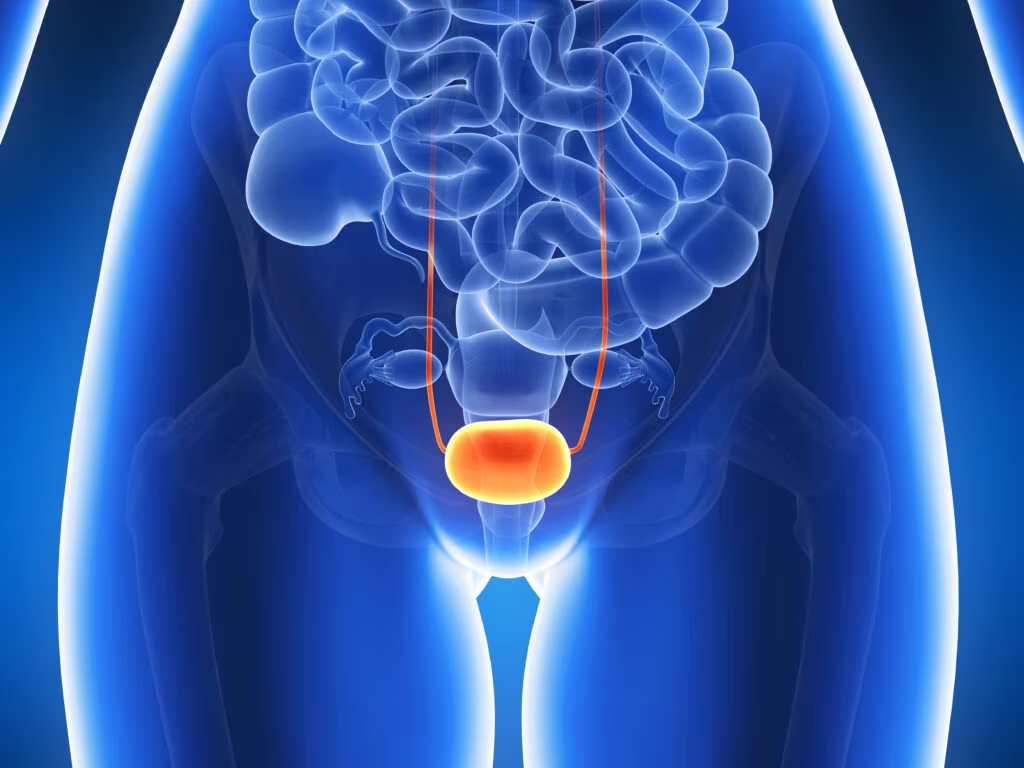Diabetes, like other chronic illnesses, requires patients to absorb a daunting amount of information in a limited amount of time and make significant lifestyle changes. For many patients, it is the first time they have heard of terms such as hyperglycaemia, neuropathy, microalbuminuria or even blood glucose. Despite their unfamiliarity with these terms and others, patients are expected to grasp the information quickly, change their ingrained eating and exercise habits, learn how to monitor blood glucose levels and remember how and when to take medications.
Diabetes, like other chronic illnesses, requires patients to absorb a daunting amount of information in a limited amount of time and make significant lifestyle changes. For many patients, it is the first time they have heard of terms such as hyperglycaemia, neuropathy, microalbuminuria or even blood glucose. Despite their unfamiliarity with these terms and others, patients are expected to grasp the information quickly, change their ingrained eating and exercise habits, learn how to monitor blood glucose levels and remember how and when to take medications. This assimilation process, coupled with the necessity of behaviour change, takes a physical, emotional and social toll on patients, and many feel overwhelmed and confused. However, a patient’s success with diabetes depends upon his or her understanding of the disease and a readiness to incorporate healthy self-care behaviours into his or her lifestyle.
Effective education is essential for long-term improved health status in patients with diabetes. Information alone does not translate into action. Effective education (diabetes self-management training and medical nutrition therapy) goes way beyond the passive relay of information to a more intensive coaching that results in behaviour change and improved health status that is sustainable over time. The primary goal of diabetes education is therefore to provide knowledge and skills training, as well as to help individuals to identify barriers, facilitate problem-solving and develop coping skills to achieve effective self-care management and behaviour change.
The American Association of Diabetes Educators (AADE) has defined the Health Care Outcomes Continuum,1 which establishes that the unique outcome of diabetes education is behaviour change. The steps in that continuum focus on four critical areas: immediate outcomes, intermediate outcomes, post-intermediate outcomes and long-term outcomes. The immediate outcomes are learning, knowledge and skill acquisition. The intermediate outcome is behaviour change. The postimmediate outcome is improved clinical indicators. Finally, the long-term outcome is sustainability of lifestyle change and longterm improved health status. The work of the diabetes educator encompasses all four of these areas.
To set standards that make behavioural outcomes in diabetes self-management measurable, AADE identified the AADE7TM Self-Care Behaviours: healthy eating, being active, monitoring, taking medication, problem-solving, reducing risks and healthy coping. To aid natural communication between patients and the care team, the language of the AADE7TM was intentionally designed to be patient-friendly and clinically accurate.
Diabetes educators are essential members of a diabetes care team and as such are skilled in both the delivery of knowledge and the interventions that create behaviour change. Diabetes educators are change agents and interventionists; they have theability to interweave all the elements of proper diabetes management, leaving the patient with an achievable blueprint for living a healthy life. If the global healthcare community hopes to combat the growing diabetes epidemic, diabetes education must become a primary focus in healthcare and every patient must have access to the skills and expertise of a diabetes educator.
European Endocrine Disease 2007 Issue I would like to thank all the individual experts and organisations whose contributions make this a worthwhile and informative addition to the Endocrine Disease series. We trust you will find this an enjoyable and useful read.












